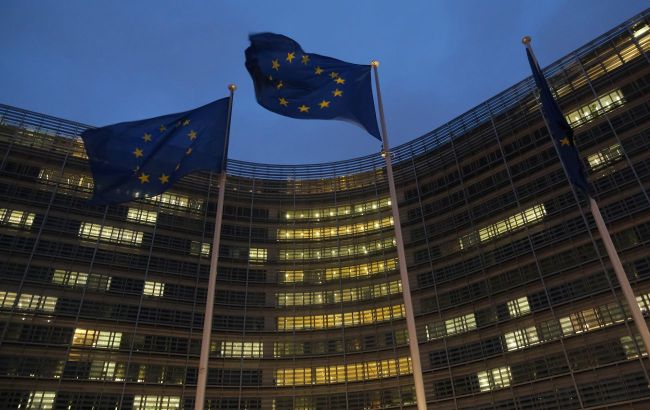EU discusses further sanctions relief for Syria - Bloomberg
 The EU is considering new sanctions relief for Syria (photo: Getty Images)
The EU is considering new sanctions relief for Syria (photo: Getty Images)
The European Union is considering lifting more sanctions against Syria, which may include economic restrictions and humanitarian exceptions, Bloomberg reports.
According to the source, the European Union is discussing the possibility of partially lifting several sanctions against the Syrian energy sector, including lifting bans on:
- crude oil imports,
- export of technologies for the oil and gas industry.
Potentially, the deal would also lift restrictions on financing oil exploration and refining, as well as the construction of new power plants.
Other measures the bloc is considering include removing several banks from the sanctions list and partially lifting some restrictions previously placed on Syria's central bank to allow it to provide funds, according to people familiar with the matter.
The deal could also potentially lift restrictions on funding for oil exploration and refining, as well as the construction of new power plants.
At the same time, the agency's sources said that the freeze on assets in the EU linked to the Syrian central bank is likely to remain in place.
The EU is also considering removing several banks from the sanctions list and partially lifting some of the restrictions previously imposed on the Syrian central bank to allow it to provide funds.
Other measures proposed by the EU include lifting export bans on banknotes and jet fuel, as well as easing some restrictions on airline operations and access to airports.
The proposals also include several exceptions to existing sanctions, such as those related to opening bank accounts in Syria.
Sanctions against Syria
The sanctions imposed on Syria were mainly aimed at the government and its key allies.
They were imposed in response to events related to the civil war that began in 2011, human rights violations, suppression of protests, and the use of chemical weapons.
However, European countries have now begun to re-establish ties with Syria, as the regime of Syrian dictator Bashar al-Assad fell there at the end of last year. In a few weeks, rebels captured key cities in the country, including the capital Damascus.
Read what happened in Syria, why the Assad regime fell, and what will happen next in the country in the RBC Ukraine article.

